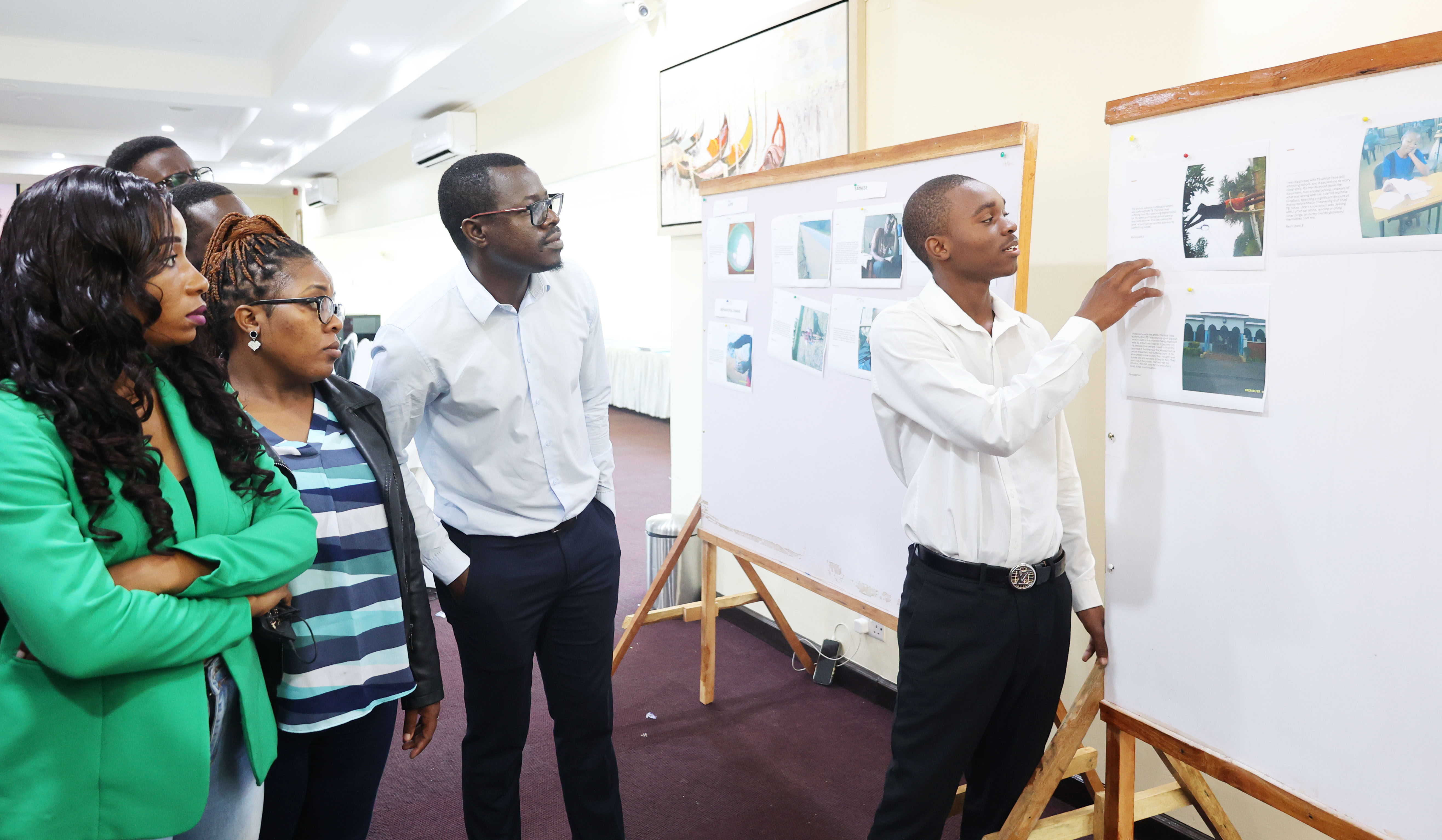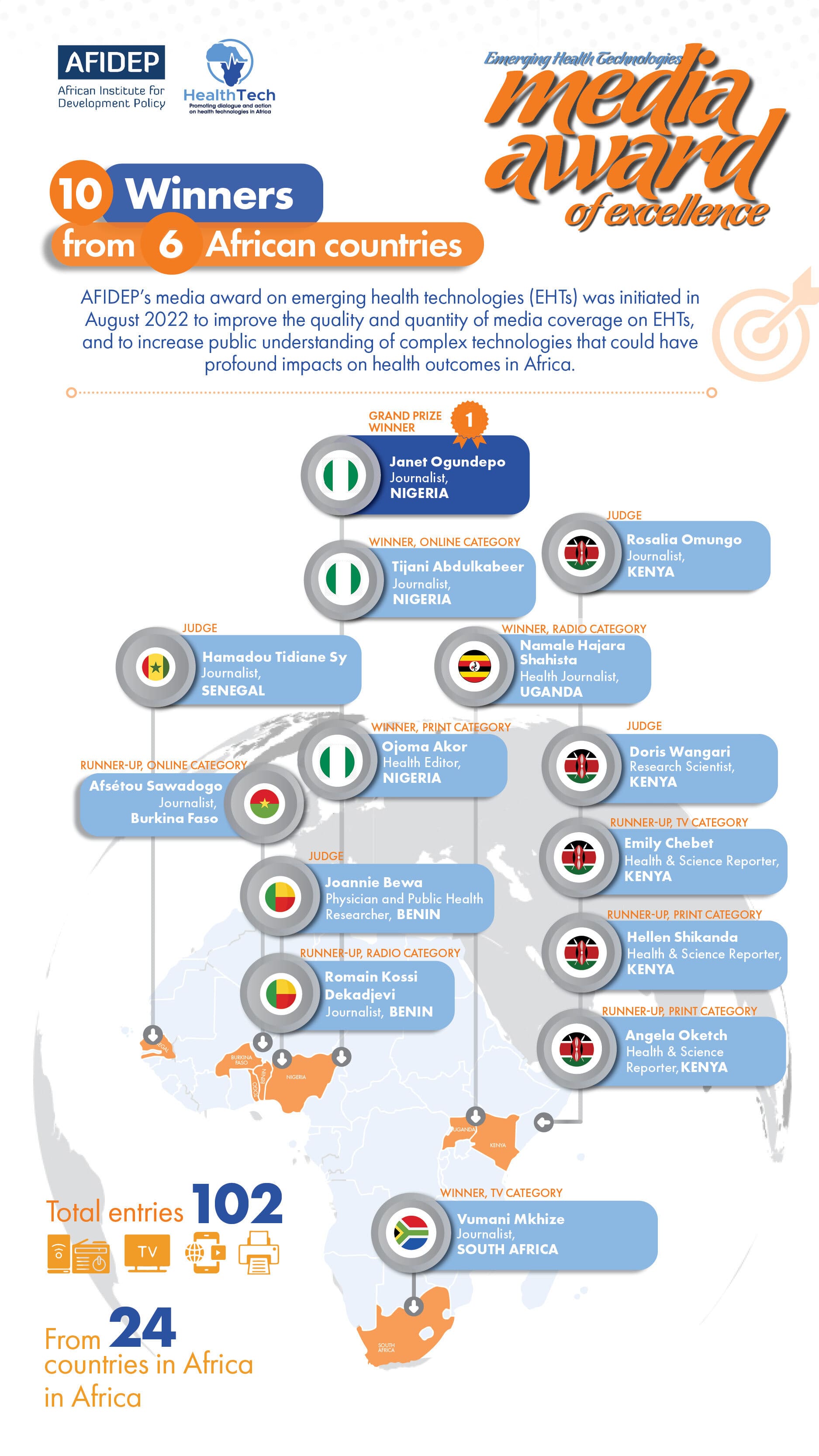Search Results for:
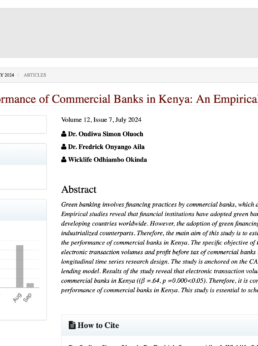
Green banking involves financing practices by commercial banks, which are environmentally compliant and sustainable. Empirical studies reveal that financial institutions have adopted green banking policies in Kenya, Africa, and other developing countries worldwide. However, the adoption of green financing policies is still shallow compared to their industrialized counterparts. Therefore, the main aim of this study is to establish the relationship between green banking and the performance of commercial banks in Kenya. The specific objective of this study is to determine the relationship between electronic transaction volumes and profit before tax of commercial banks in Kenya using quantitative research paradigm and longitudinal time series research design. The study is anchored on the CAMEL model, CAMPARI framework and 5Cs lending model. Results of the study reveal that electronic transaction volumes significantly influence profit before tax of commercial banks in Kenya ((β =.64, p =0.000<0.05). Therefore, it is concluded that green banking influences the performance of commercial banks in Kenya. This study is essential to scholars, regulators and commercial bank managers.
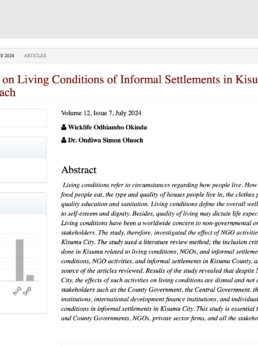
Living conditions refer to circumstances regarding how people live. How people live is quite broad; it implies the quality of food people eat, the type and quality of houses people live in, the clothes people put on, access to health care, and access to quality education and sanitation. Living conditions define the overall well-being of a human being and, at times, are related to self-esteem and dignity. Besides, quality of living may dictate life expectancy and affect the nation’s overall productivity. Living conditions have been a worldwide concern to non-governmental organizations, various local governments, and stakeholders. The study, therefore, investigated the effect of NGO activities on living conditions in informal settlements in Kisumu City. The study used a literature review method; the inclusion criteria were that the study only reviewed literature done in Kisumu related to living conditions, NGOs, and informal settlements in Kisumu. The key search words were living conditions, NGO activities, and informal settlements in Kisumu County, and the study used Google Scholar as the database source of the articles reviewed. Results of the study revealed that despite NGO activities in informal settlements in Kisumu City, the effects of such activities on living conditions are dismal and not quantified. The study recommends a joint effort by stakeholders such as the County Government, the Central Government, the private sector, local development finance institutions, international development finance institutions, and individual philanthropists to help salvage the poor living conditions in informal settlements in Kisumu City. This study is essential to the citizens living in informal settlements, central and County Governments, NGOs, private sector firms, and all the stakeholders.
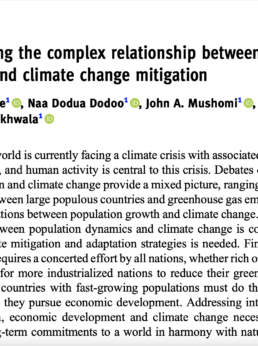
Theworldiscurrentlyfacingaclimatecrisiswithassociatedhealthandplane- tary consequences, and human activity is central to this crisis. Debates on the relationship between population and climate change provide a mixed picture, ranging from demonstrat- ing a clear link between large populous countries and greenhouse gas emissions to pointing to spurious associations between population growth and climate change. We submit that as the interaction between population dynamics and climate change is complex, a nuanced approach to climate mitigation and adaptation strategies is needed. Finding a solution to the climate crisis requires a concerted effort by all nations, whether rich or poor. While there is an urgent need for more industrialized nations to reduce their greenhouse gas (GHG) emissions, poorer countries with fast-growing populations must do their part in climate mitigation even as they pursue economic development. Addressing intertwined issues of population growth, economic development and climate change necessitates purposeful measures and long-term commitments to a world in harmony with nature.
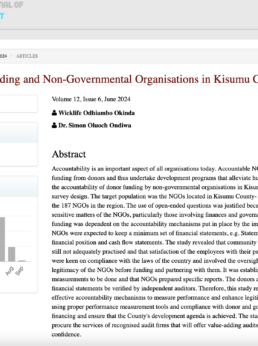
Accountability is an important aspect of all organisations today. Accountable NGOs have been found to receive large funding from donors and thus undertake development programs that alleviate human suffering. This study is set to establish the accountability of donor funding by non-governmental organisations in Kisumu County. The study adopted a descriptive survey design. The target population was the NGOs located in Kisumu County- Kenya. The population was made up of all the 187 NGOs in the region. The use of open-ended questions was justified because some of the information concerned sensitive matters of the NGOs, particularly those involving finances and governance. The study established that donor funding was dependent on the accountability mechanisms put in place by the implementing NGOs. The study revealed that NGOs were expected to keep a minimum set of financial statements, e.g. Statements of comprehensive income, statements of financial position and cash flow statements.
The study revealed that community involvement in the oversight of NGOs was still not adequately practised and that satisfaction of the employees with their pay perks could not be established. Donors were keen on compliance with the laws of the country and involved the oversight bodies in checking the compliance and legitimacy of the NGOs before funding and partnering with them. It was established that donors expected performance measurements to be done and that NGOs prepared specific reports. The donors also demanded that the authenticity of the financial statements be verified by independent auditors. Therefore, this study recommends that NGOs develop proper and effective accountability mechanisms to measure performance and enhance legitimacy and accountability. This will include using proper performance measurement tools and compliance with donor and government regulations to secure sustained financing and ensure that the County’s development agenda is achieved. The study further recommends that the NGOs procure the services of recognised audit firms that will offer value-adding audits, which, in effect, will boost donor confidence.
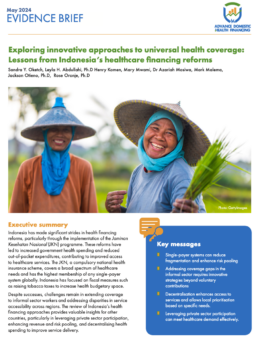
Despite successes, challenges remain in extending coverage to informal sector workers and addressing disparities in service accessibility across regions. The review of Indonesia’s health financing approaches provides valuable insights for other countries, particularly in leveraging private sector participation, enhancing revenue and risk pooling, and decentralising health spending to improve service delivery.
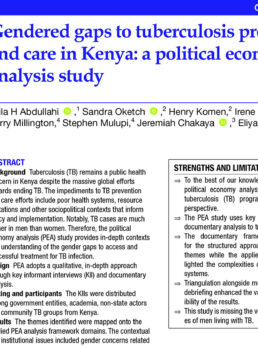
Tuberculosis (TB) remains a public health concern in Kenya despite the massive global efforts towards ending TB. Notably, TB cases are much higher in men than women. This political economy analysis (PEA) study provides in-depth contexts and understanding of the gender gaps to access and successful treatment for TB infection. The impediments to TB prevention and care efforts include poor health systems, resource limitations and other sociopolitical contexts that inform policy and implementation. Broad contextual factors identified from the PEA widen the disparity in targeted gender efforts toward men. Following the development of effective TB policies and strategies, it is […]
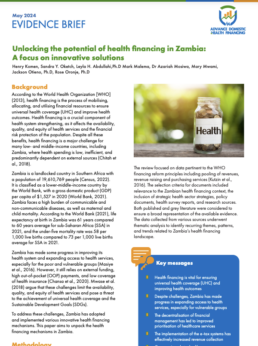
Zambia has made some progress in improving its health system and expanding access to health services, especially for the poor and vulnerable groups (Masiye et al., 2016). However, it still relies on external funding, high out-of-pocket (OOP) payments, and low coverage of health insurance (Chansa et al., 2020). To address these challenges, Zambia has adopted and implemented various innovative health financing mechanisms. This evidence brief unpacks the health financing mechanisms in Zambia.
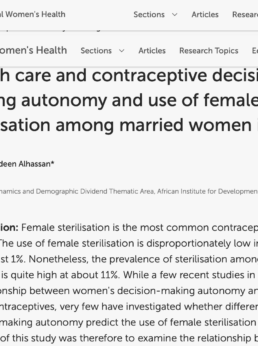
Female sterilisation is the most common contraceptive method used globally. The use of female sterilisation is disproportionately low in sub-Sahara Africa (SSA) at just 1%. Nonetheless, the prevalence of sterilisation among married women in Malawi is quite high at about 11%. While a few recent studies in SSA have examined the relationship between women’s decision-making autonomy and use of long-acting contraceptives, very few have investigated whether different dimensions of decision-making autonomy predict the use of female sterilisation differently. The objective of this study was therefore to examine the relationship between health care and contraceptive decision-making autonomy and the use of […]
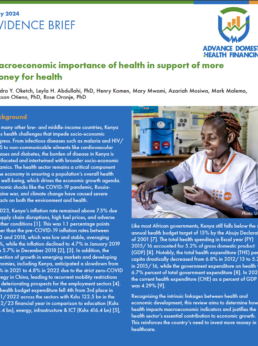
Investing in healthcare is not just a matter of well-being; it’s a strategic move for economic prosperity. Kenya, like many other nations, grapples with a complex web of health challenges, from infectious diseases to non-communicable ailments, all intertwined with broader socio-economic dynamics. By prioritising health, Kenya can unlock its economic potential and foster inclusive growth. Read our evidence brief on macroeconomic importance of health in support of more money for health: A case for Kenya:
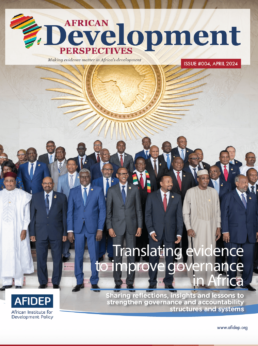
The April 2024 issue of African Development Perspectives, published by the African Institute for Development Policy (AFIDEP), dives deep into some of the key governance issues affecting the continent, including public procurements and public finance management, good governance, human rights, accountability and elections, and autocratic renewal. The issue uses data from AFIDEP’s Africa Integrity Indicators (AII) to interrogate these issues related to governance on the continent, as well as the opportunities for reform.
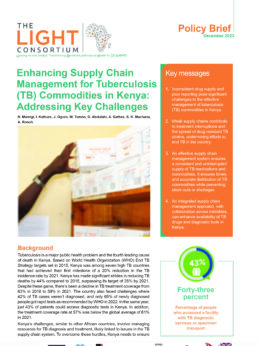
Tuberculosis (TB) is a major public health problem and the fourth leading cause of death in Kenya. Based on WHO End TB Strategy targets set in 2015, Kenya was among seven high TB countries that had achieved their first milestone of a 20% reduction in the TB incidence rate by 2021. An effective supply chain management system ensures a consistent and uninterrupted supply of TB medications and commodities. It ensures timely and accurate distribution of TB commodities while preventing stock-outs or shortages. Read more from the policy brief here:
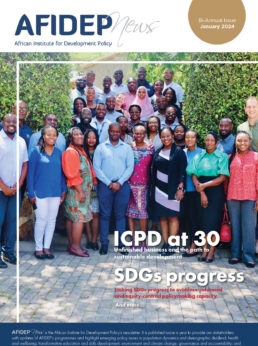
?Now out! AFIDEP Newsletter, July – December 2023 AFIDEP News is the African Institution for Development Policy’s newsletter. It is published bi-annually to update stakeholders on our programmes. It highlights emerging policy issues in population dynamics, demographic dividend, health and well-being; transformative education and skills development; environment and climate change; gender equality, governance and accountability. This newsletter covers some of our work and impact in institutionalising use of evidence for the period running between June – December, 2023. To read the newsletter:

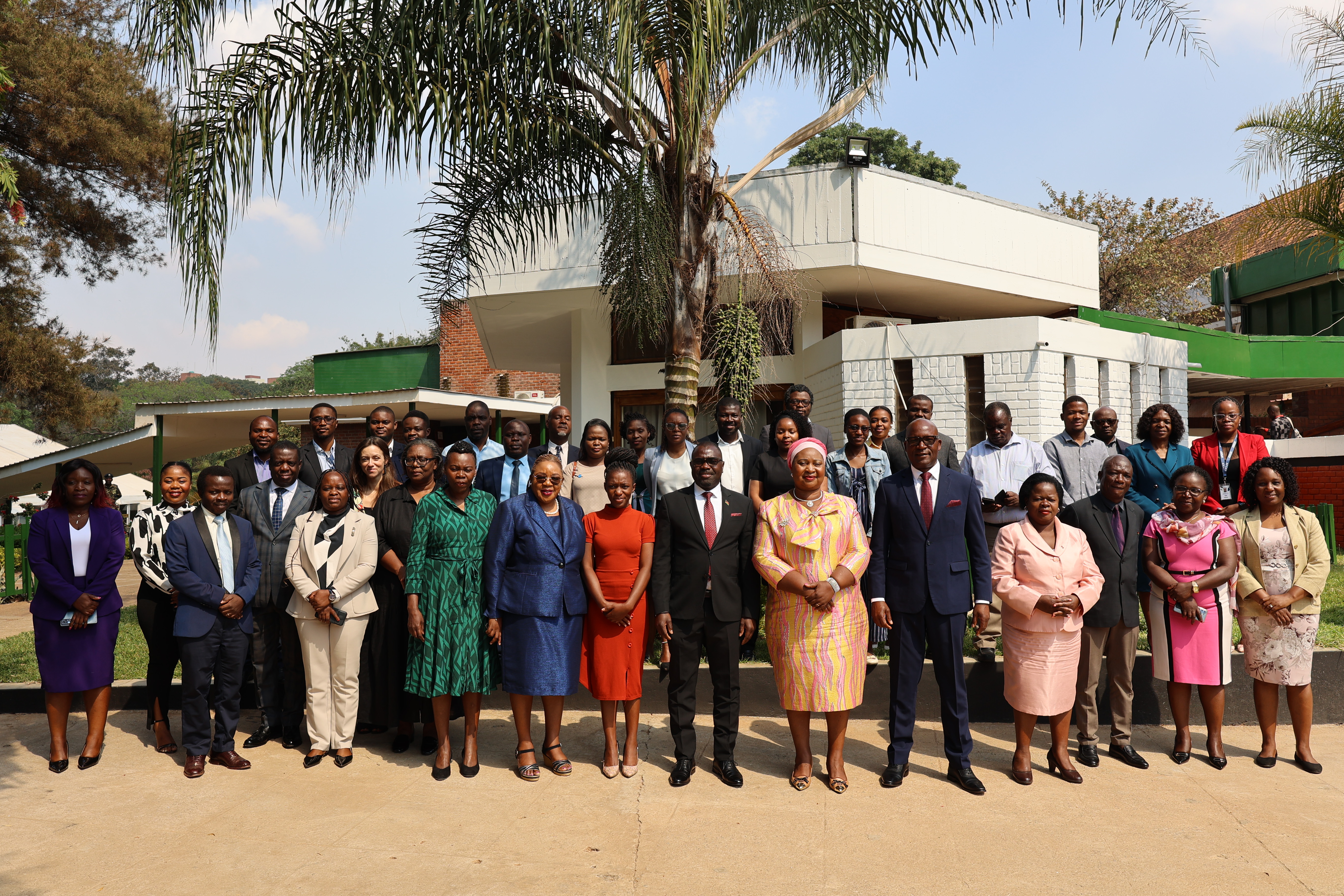
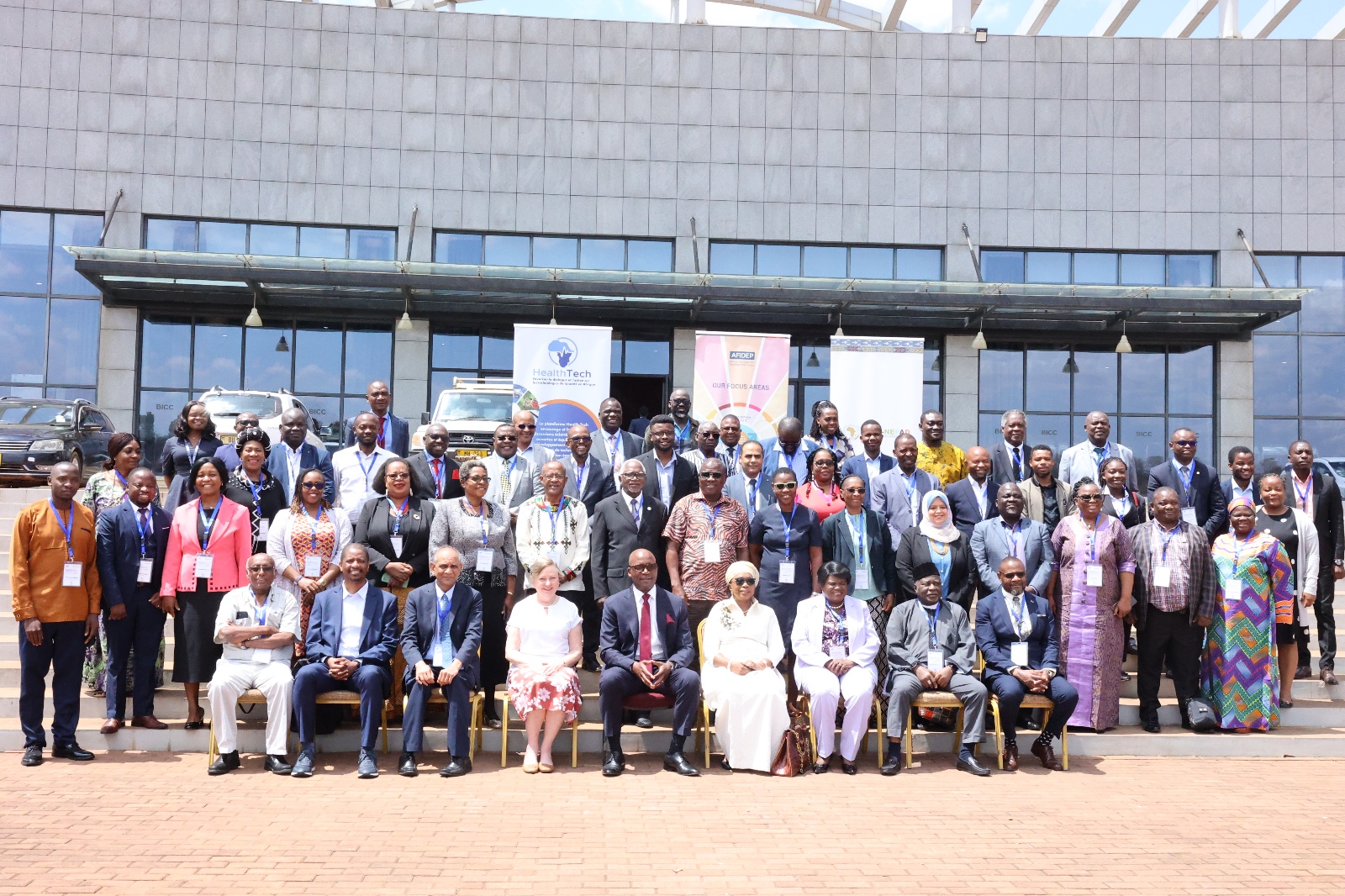
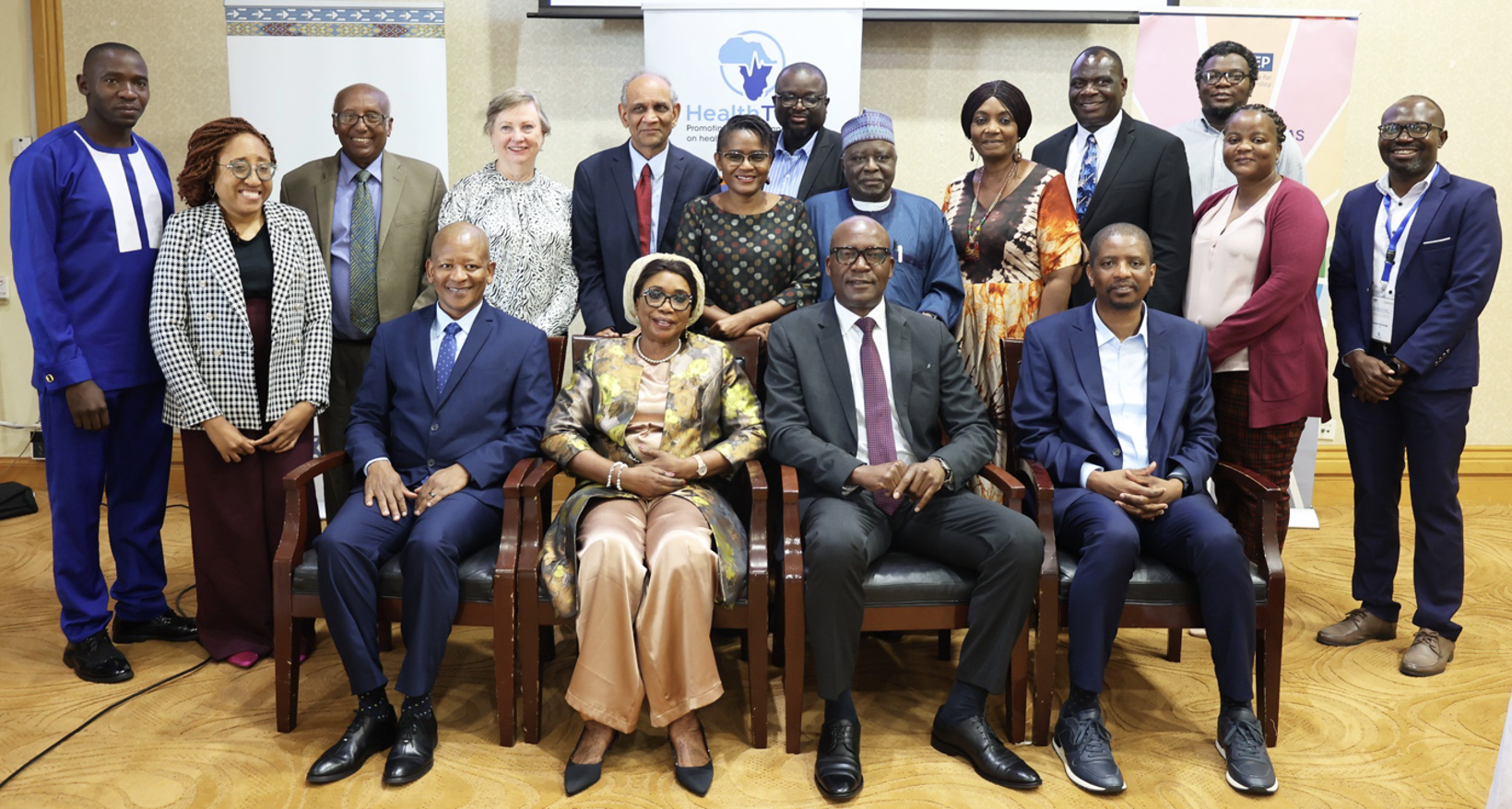
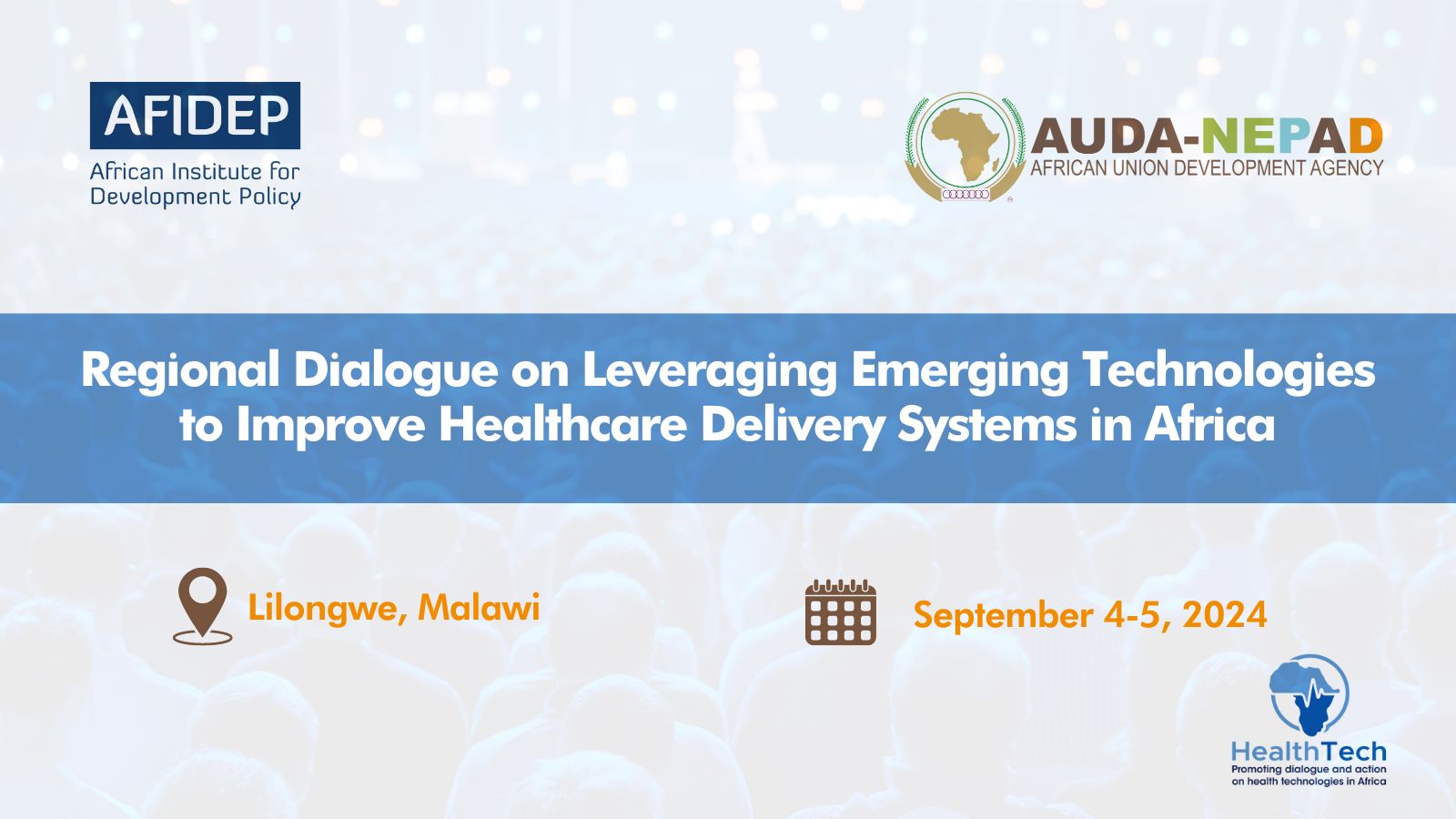


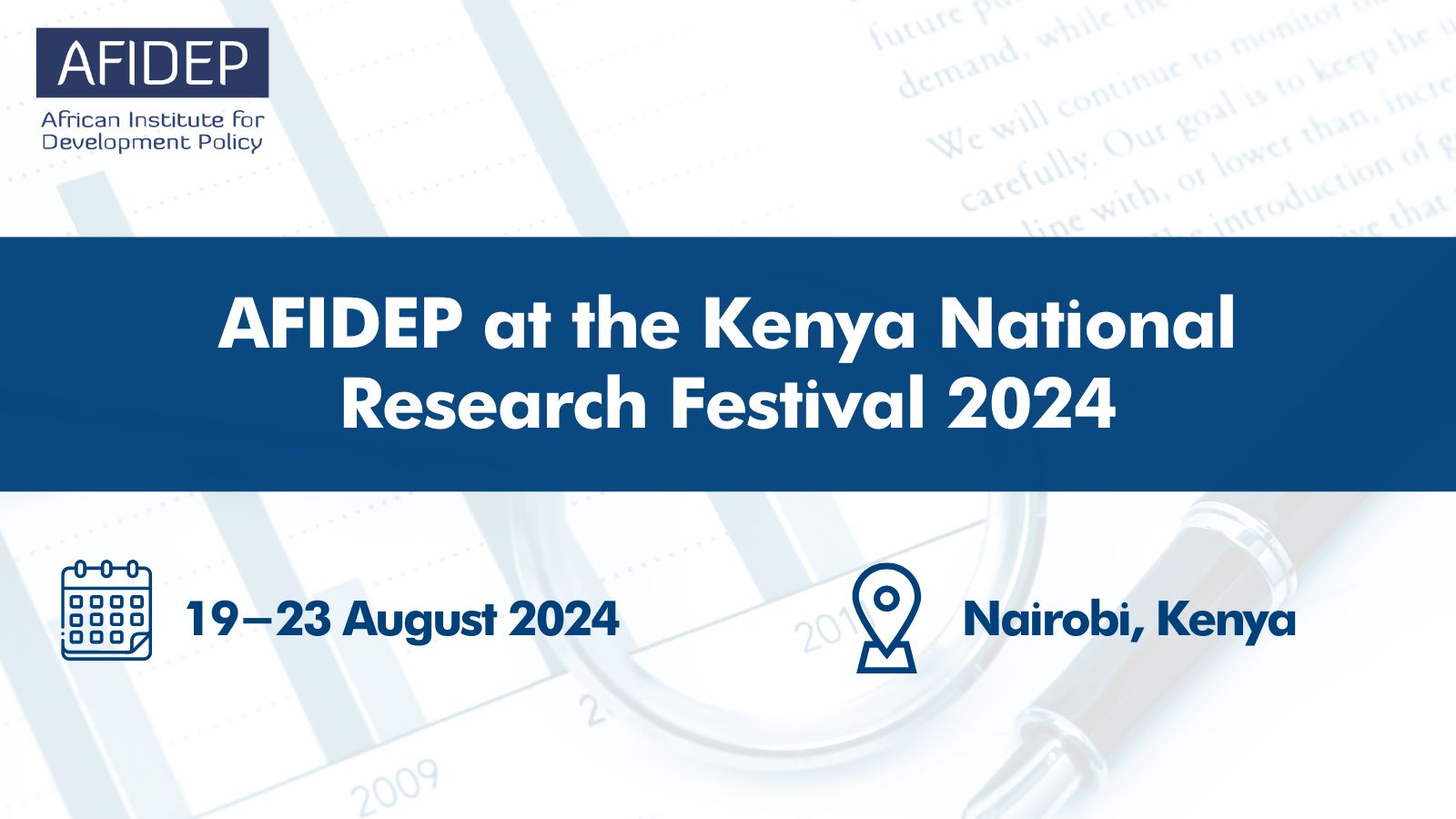
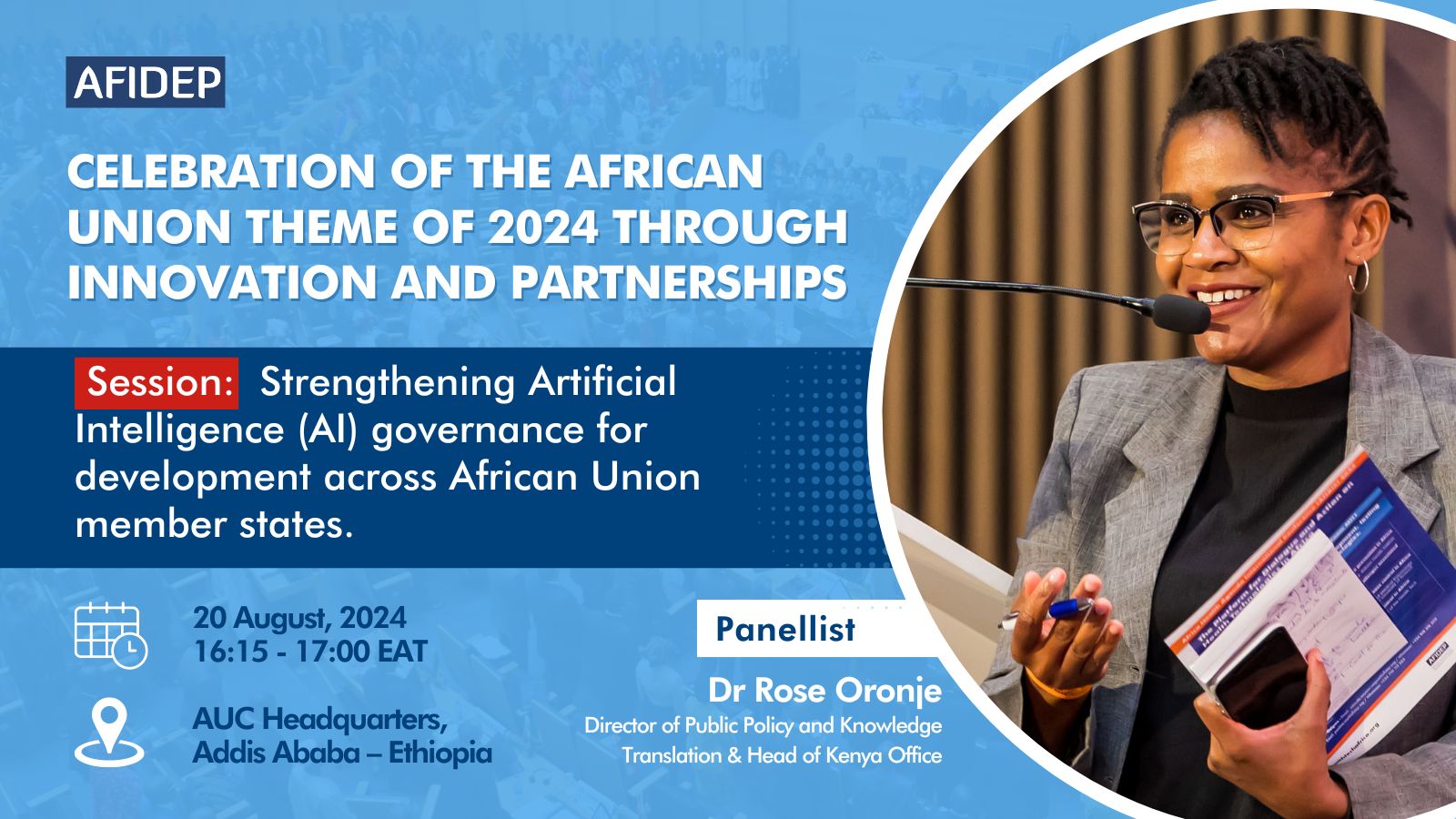
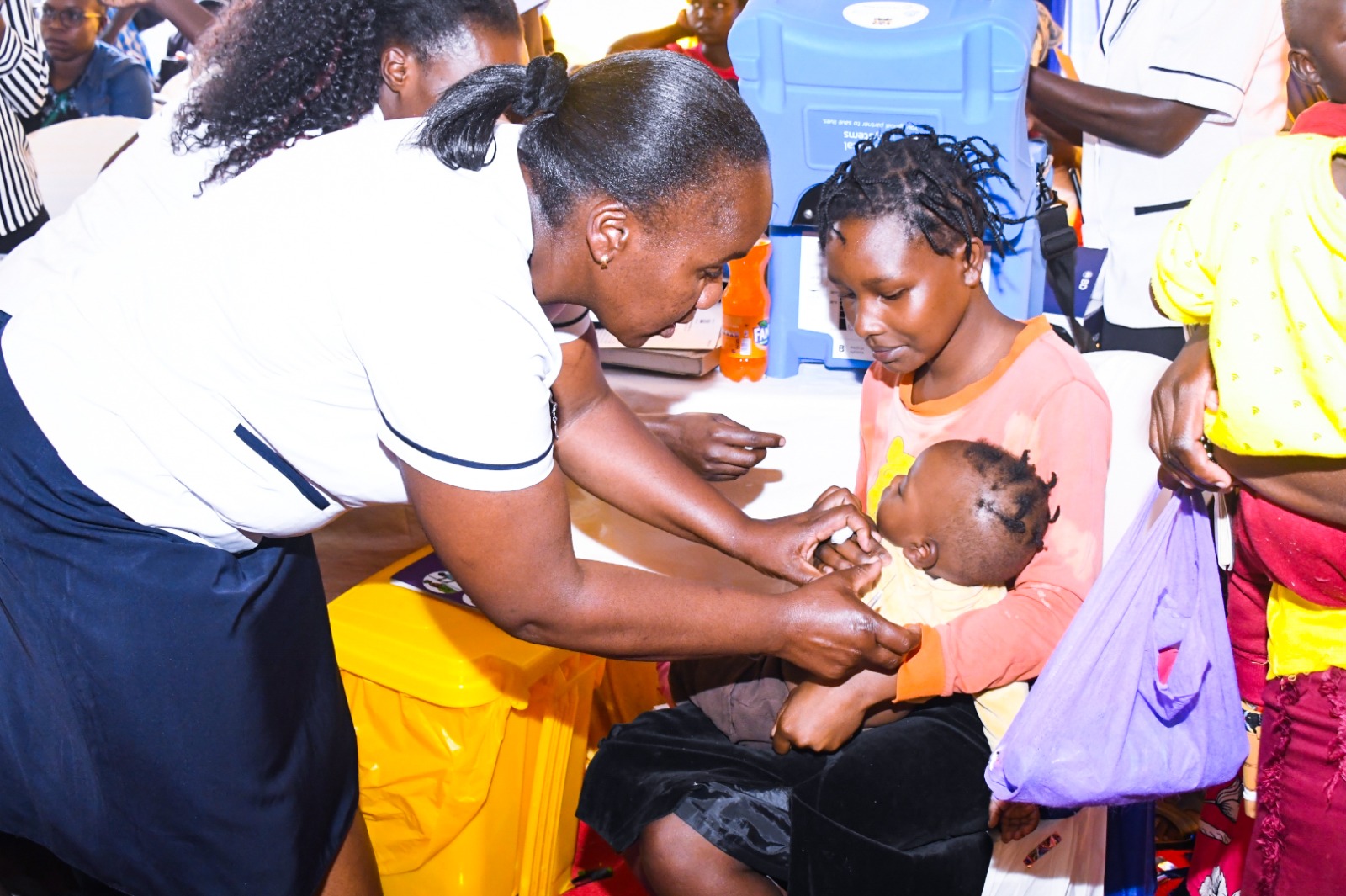

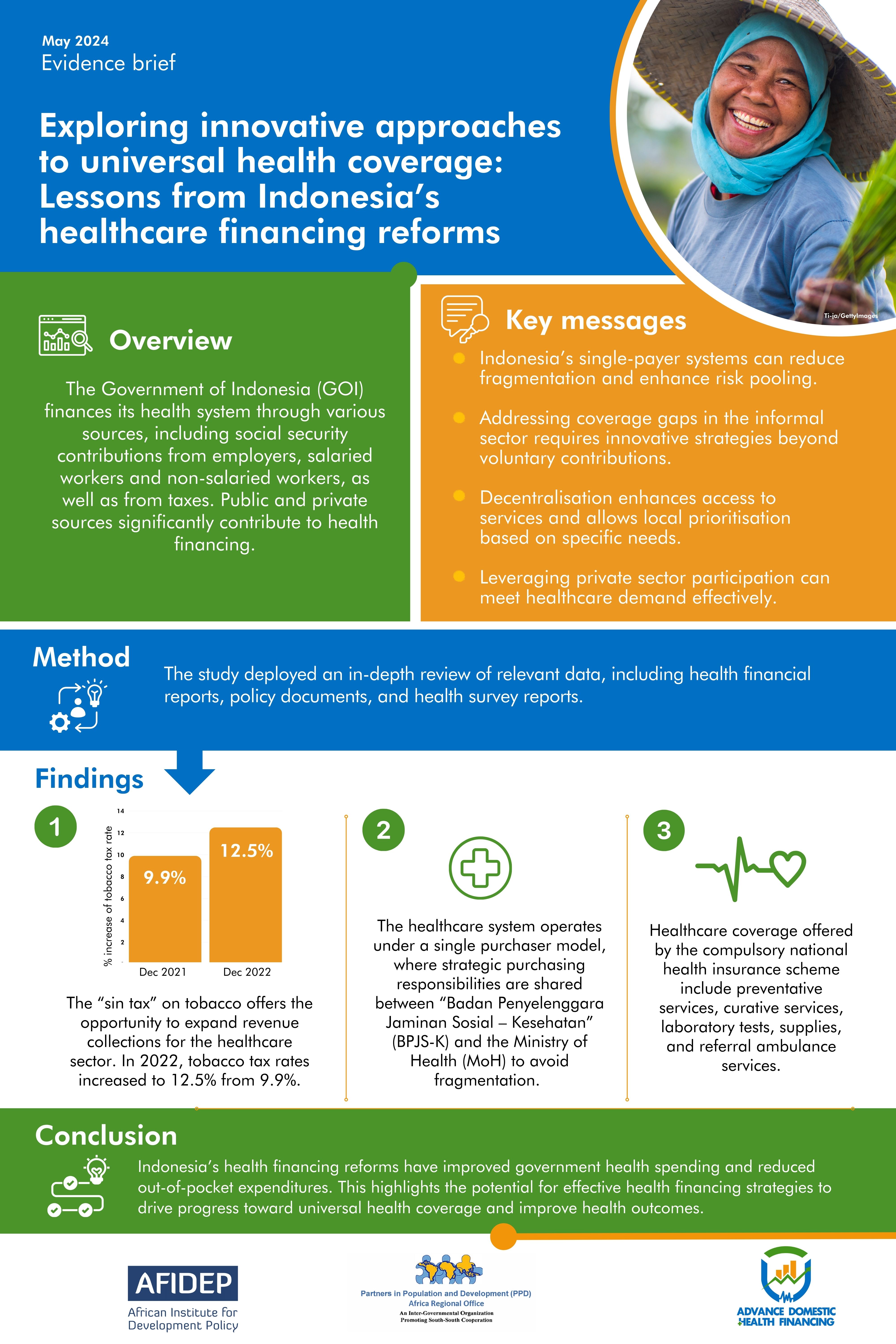

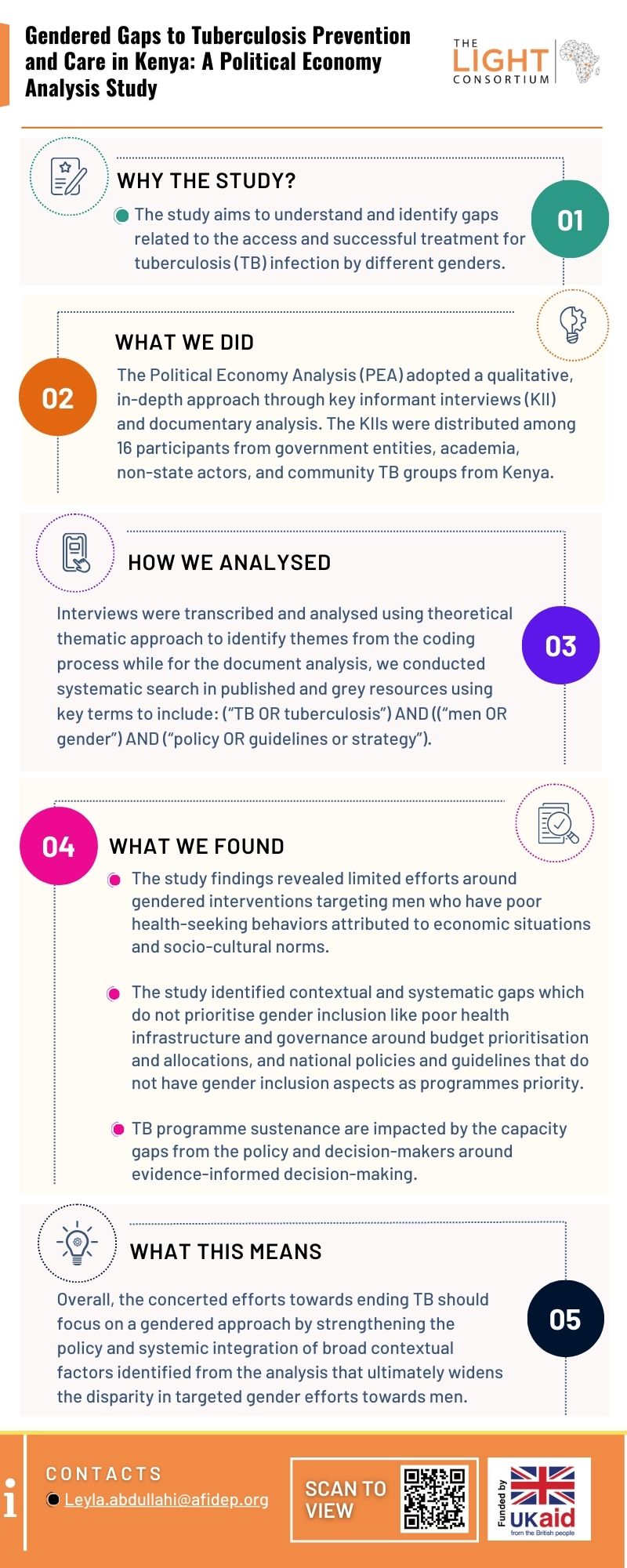
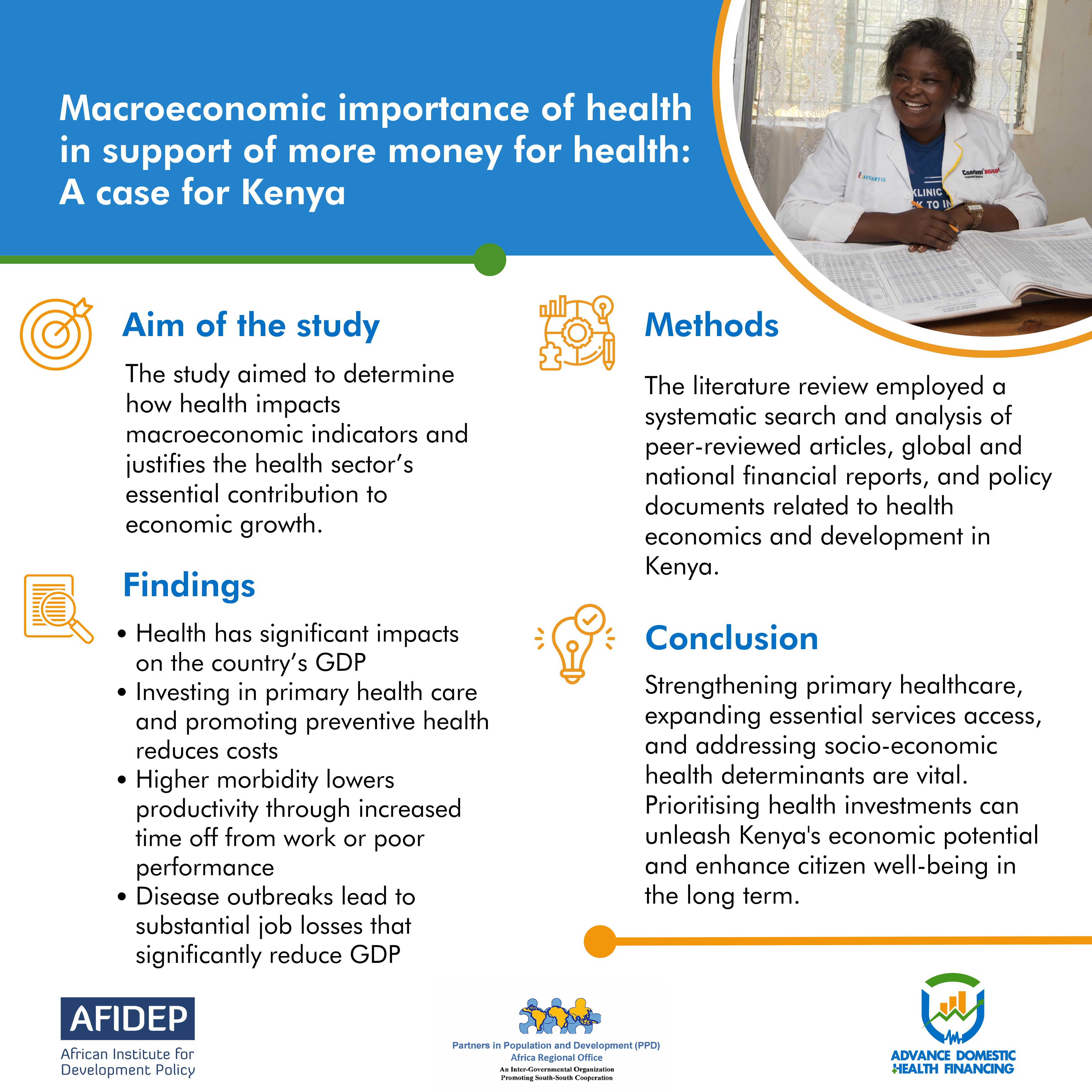



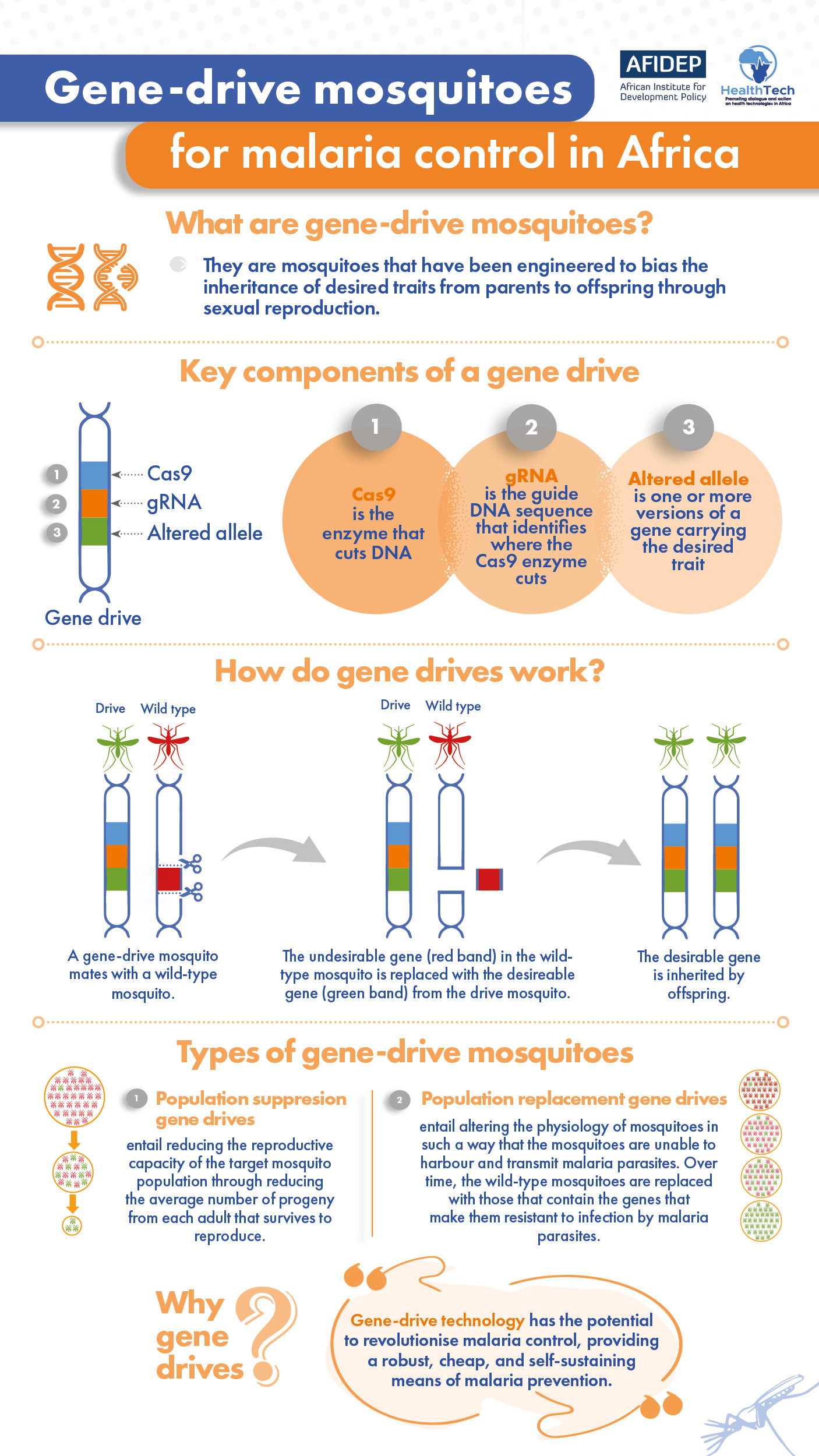

Warning: Invalid argument supplied for foreach() in /var/www/vhosts/afidep.org/httpdocs/wp-content/themes/afidep2019/search.php on line 253

Aug 2024
Apr 2024
Mar 2024


